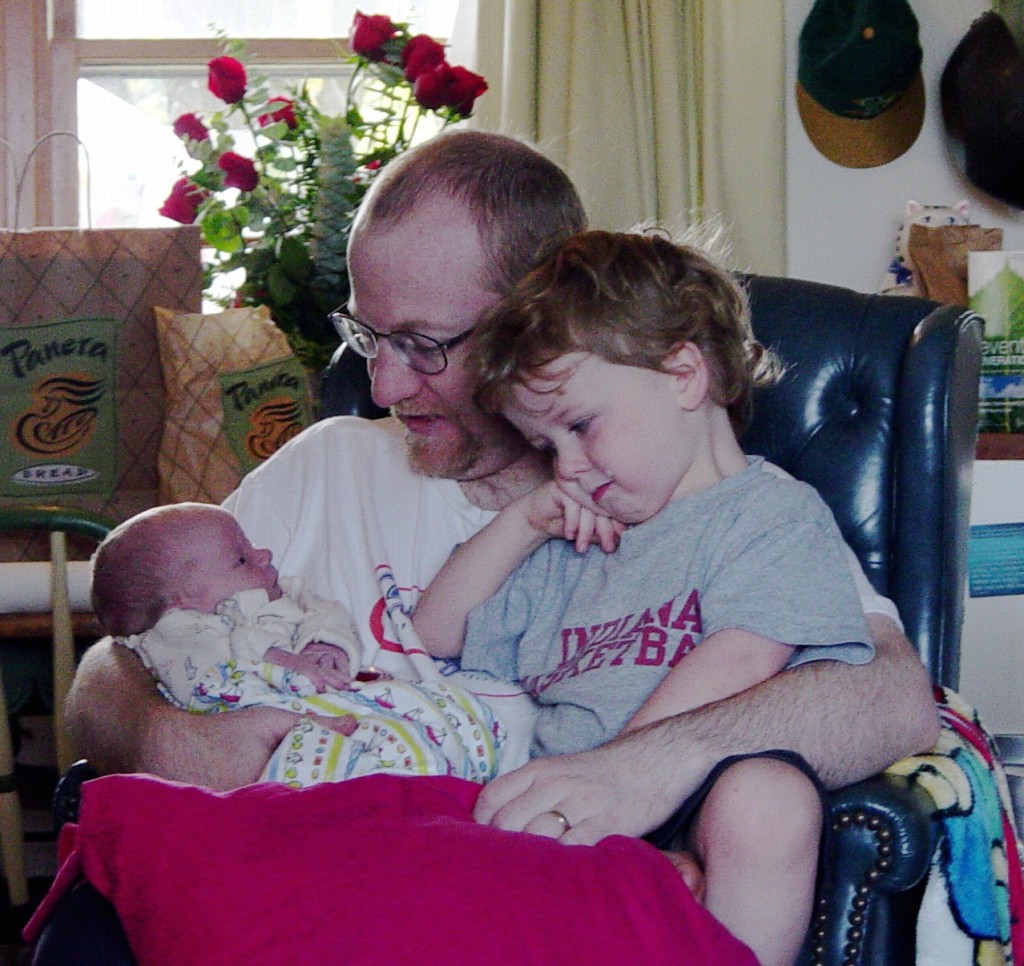This is an exciting time in brain science. Study after study is supporting connected parenting. As a professional, I can’t consume the neurobiology texts quickly enough to stay on top of everything, and it’s a fun kind of frustrating.
Some of the studies contradict each other. There’s so much territory in the brain to discover, I’ve heard it compared to the vastness of studying the cosmos. I’m sorry to announce, you won’t have all the data before making your parenting decisions. None of us will. So, if the science is always changing, how do you make the best parenting decisions?
You probably can’t make the best decisions, and that’s okay. With each of my kids there are things I would like to have done differently. I’m currently listening to No Drama Discipline by Dan Siegel and Tina Payne Bryson. It’s chock-full of parenting strategies supported by brain science, but one of my favorite things so far is their request that parents spend some time thinking about their parenting philosophy.
Your parenting philosophy is a better underlying support for your strategies than science. I love science, and I believe what I do is supported by (and will continue to be supported by) science, but it isn’t the most important reason to use parenting tools that connect. The most powerful teaching tool parents have is modeling. If you are parenting according to your values, in line with your philosophy, you are modeling living with integrity and thoughtfulness.
How do you figure out your parenting philosophy? Think about your long-term goals for your kids. In the end, what do you want to happen? Do you want them to be good communicators? Happy? Ethical? Let those long term goals guide your parenting. Here are some questions to ask yourself:
- Does this interaction teach what I want my child to learn?
- Does this interaction build connection?
- Do I feel good about most of my interactions with my child?
- Am I modeling the behavior I would like to see in my child?

